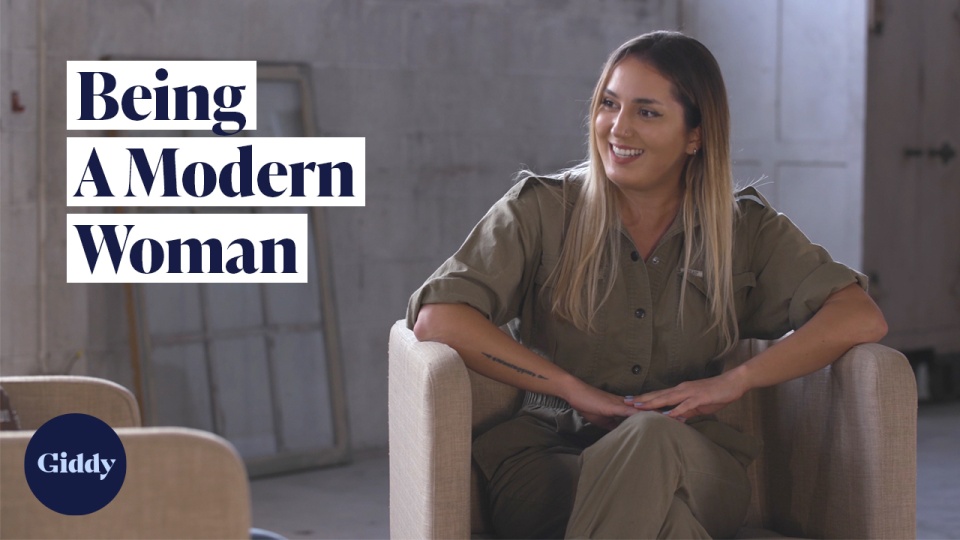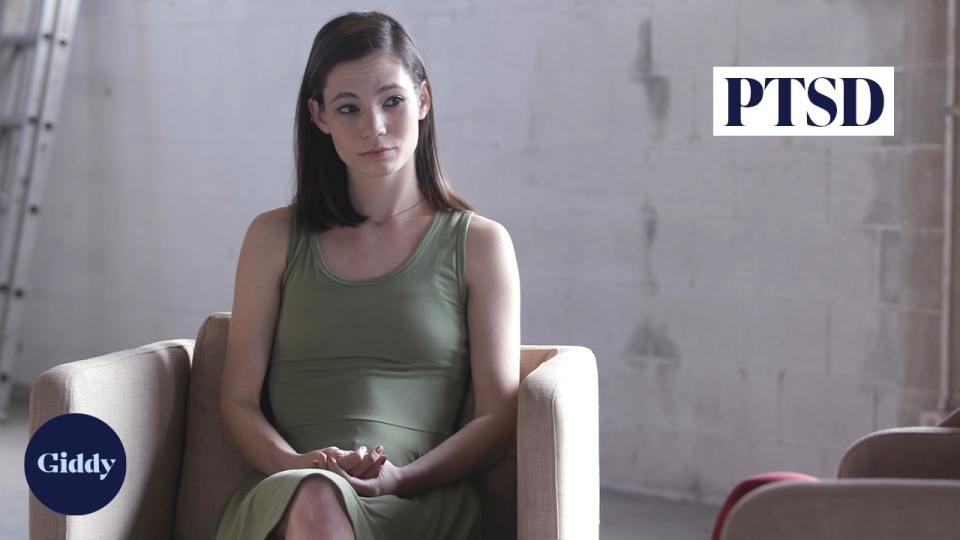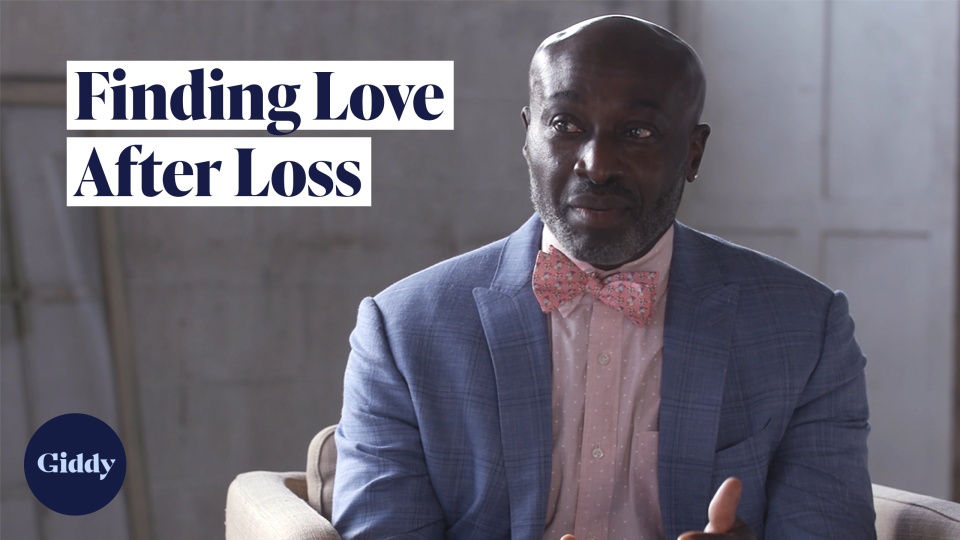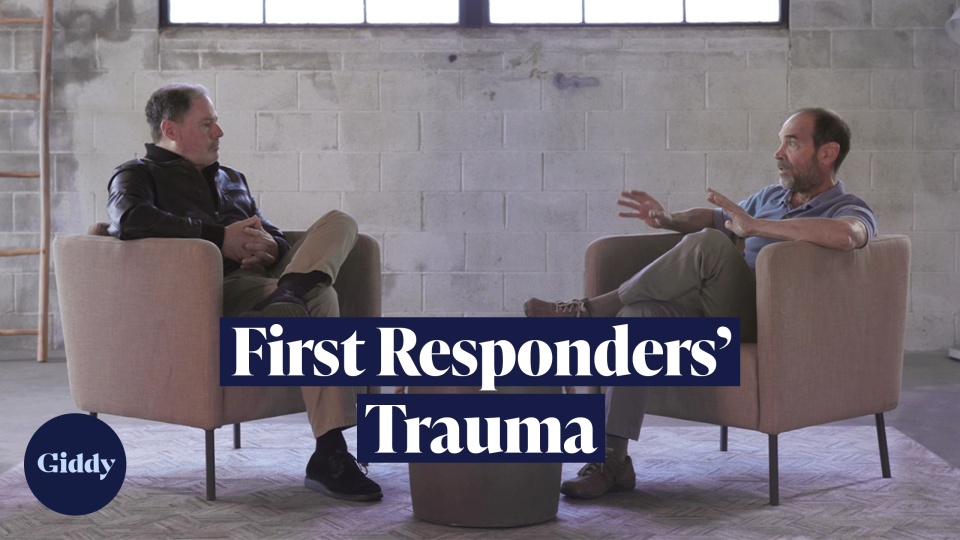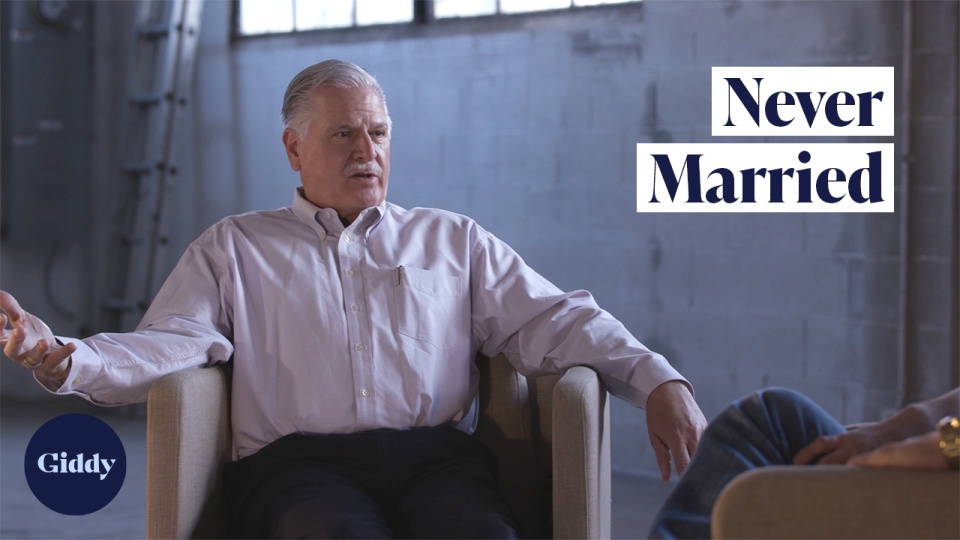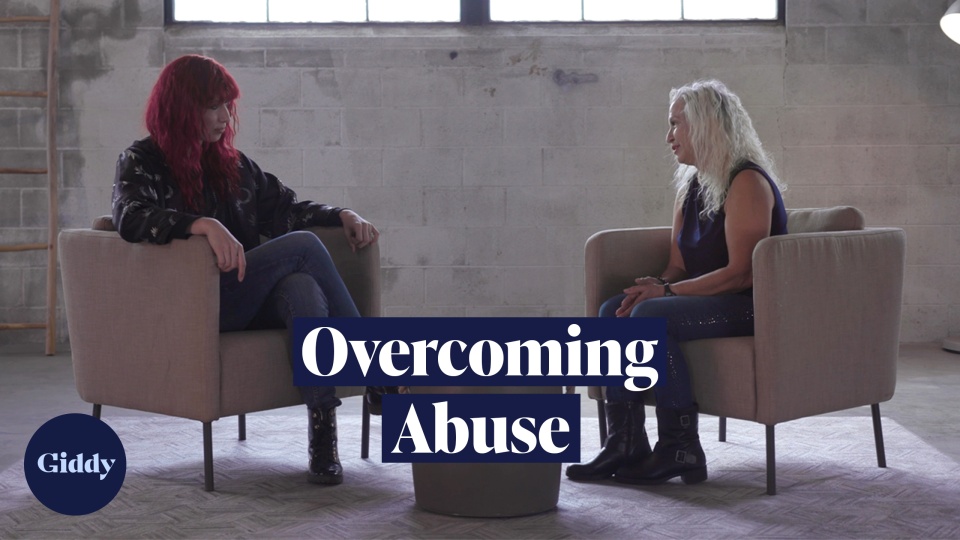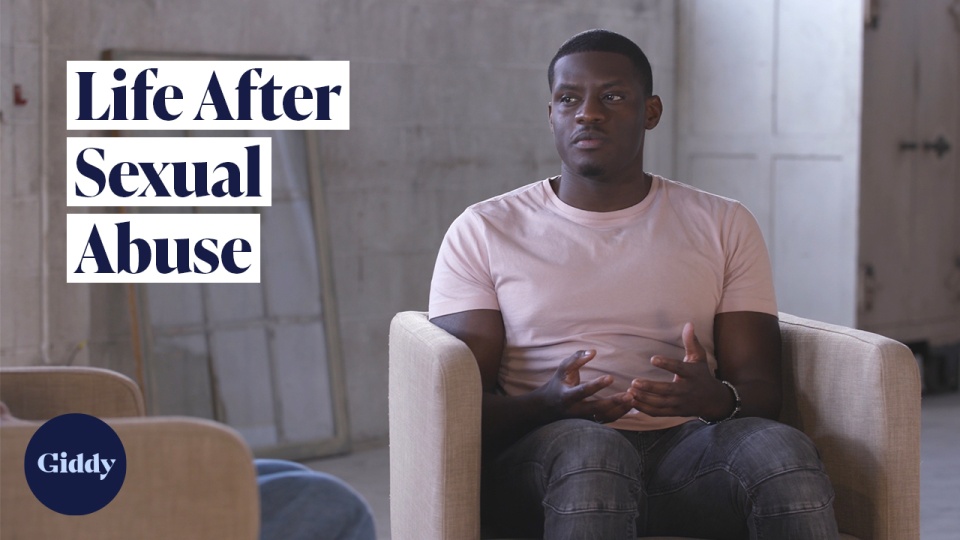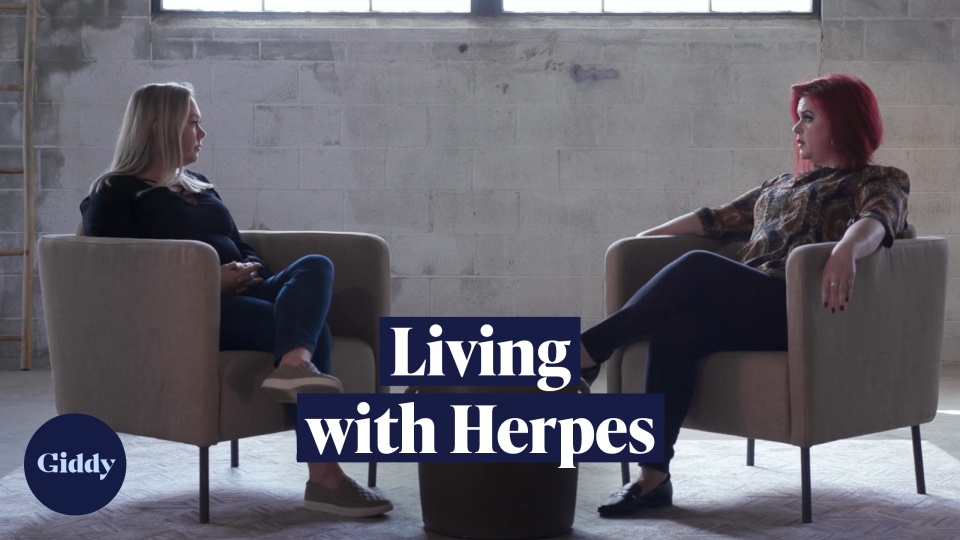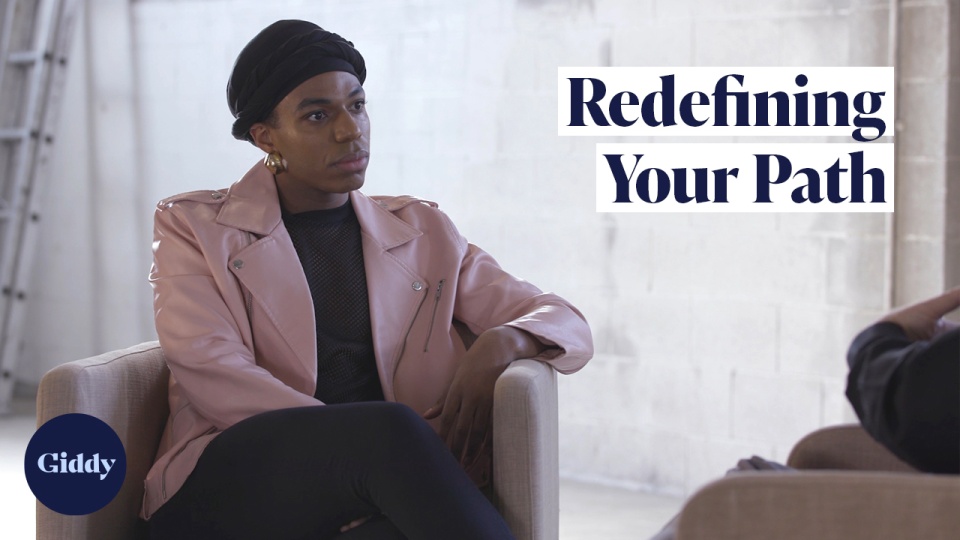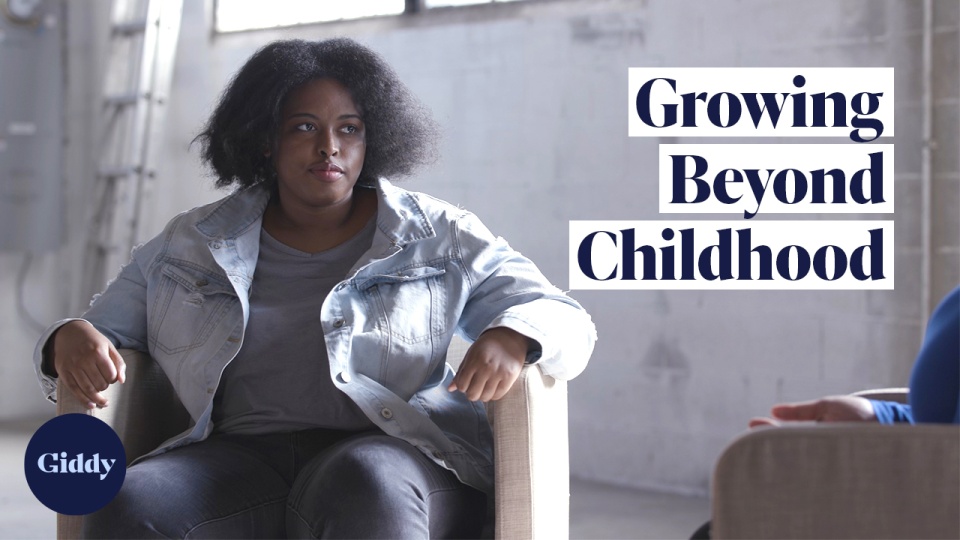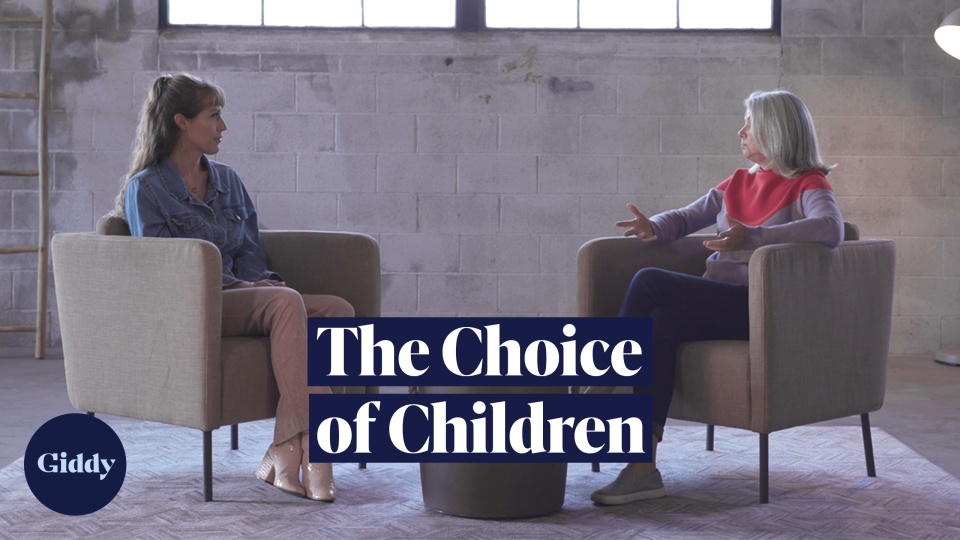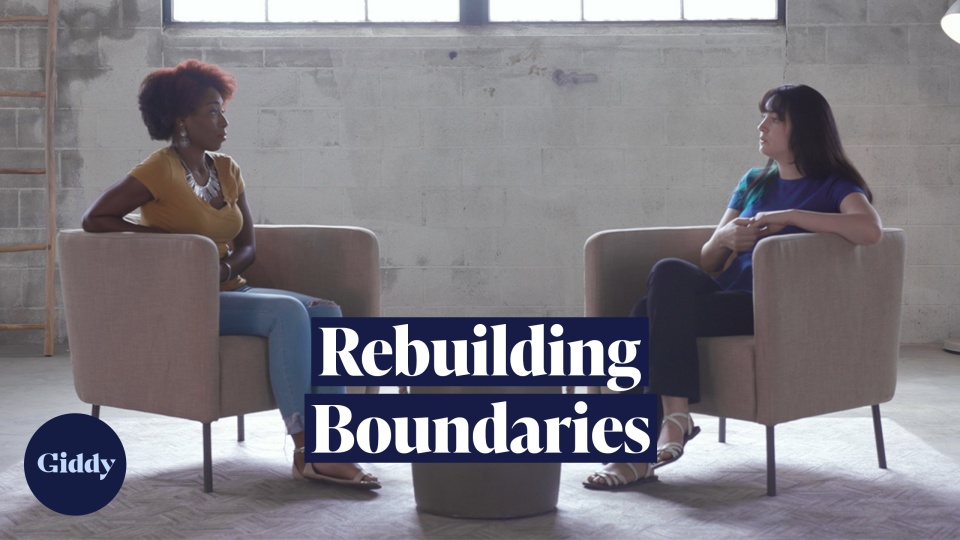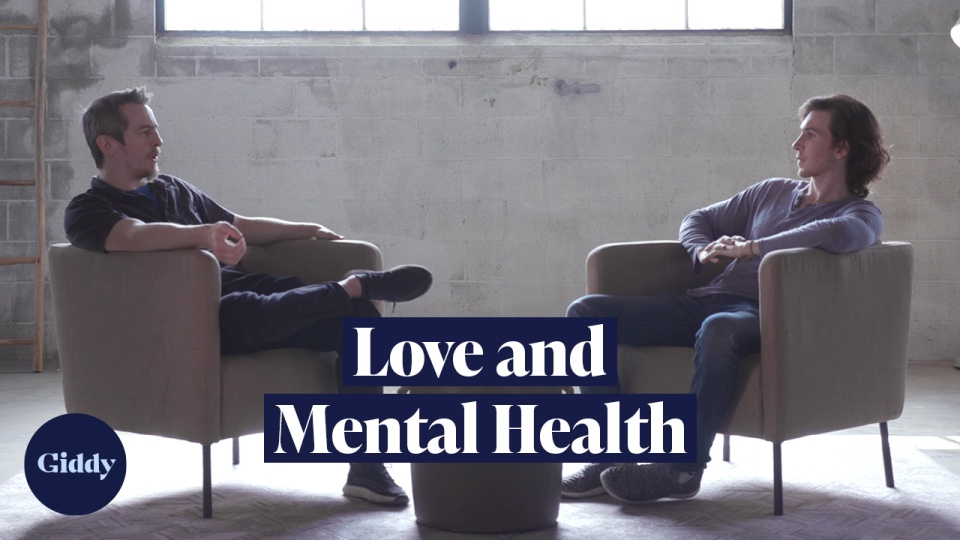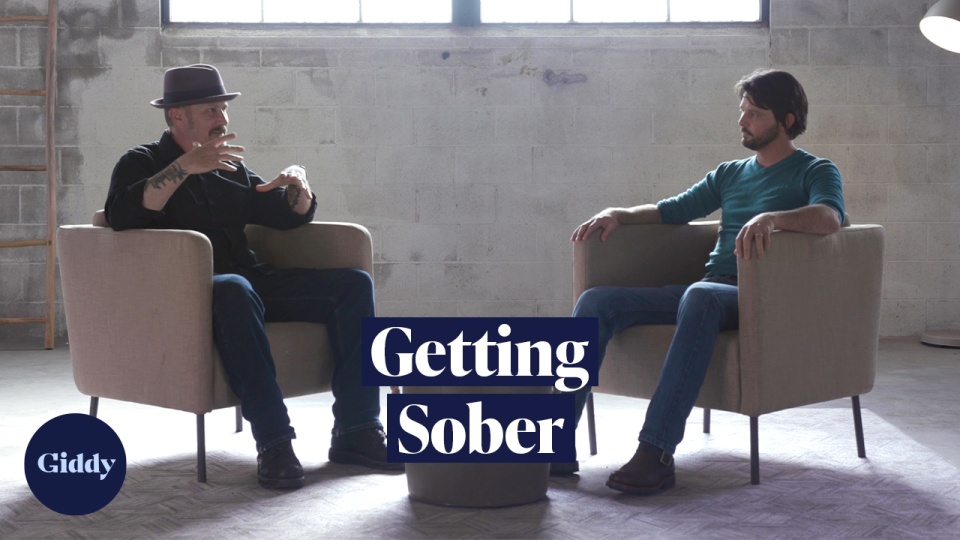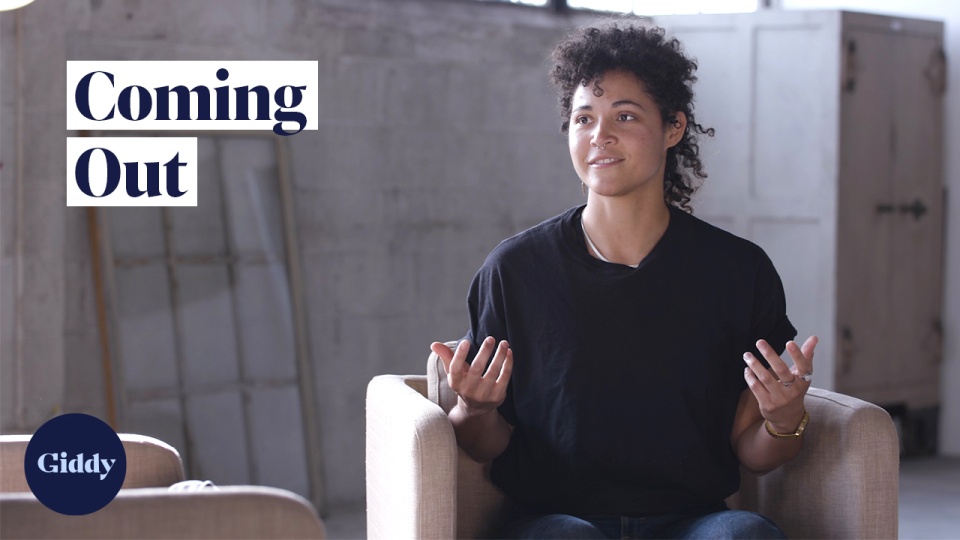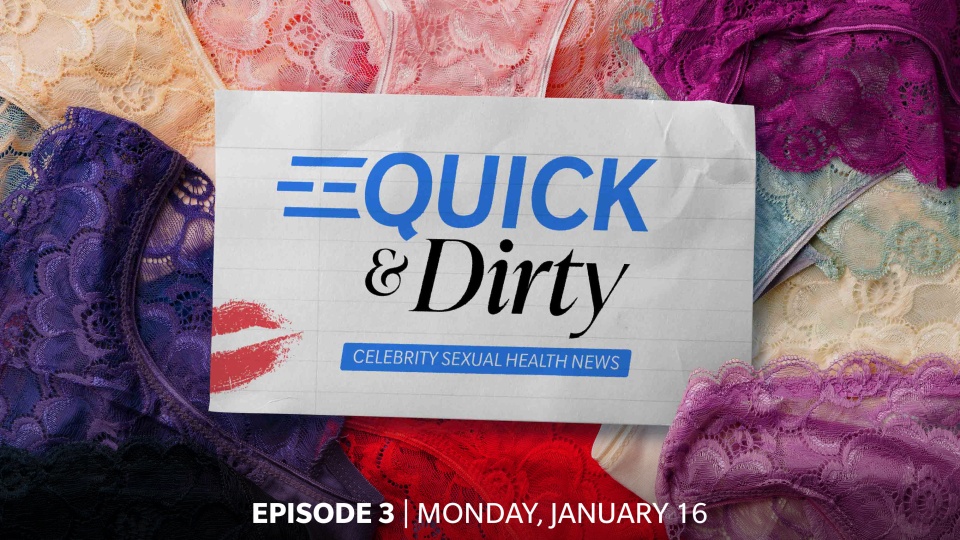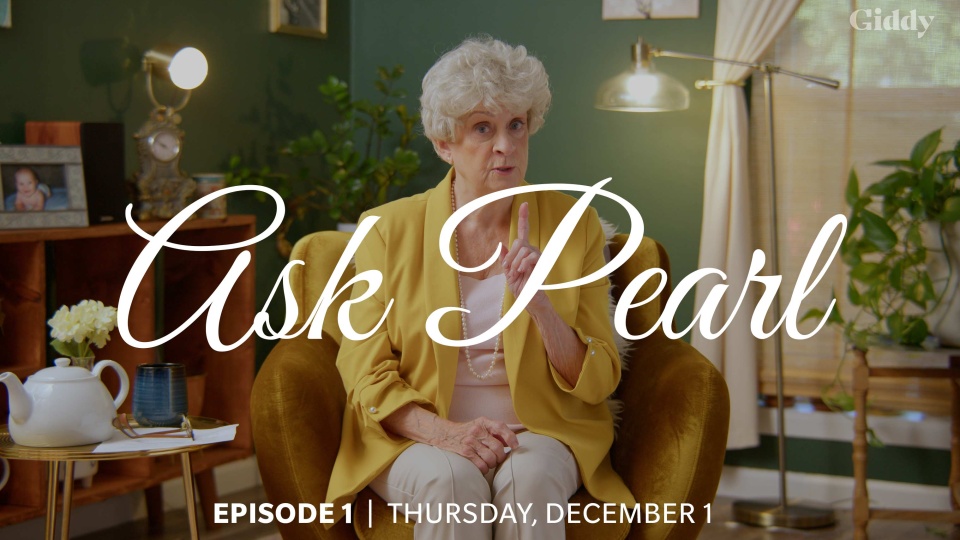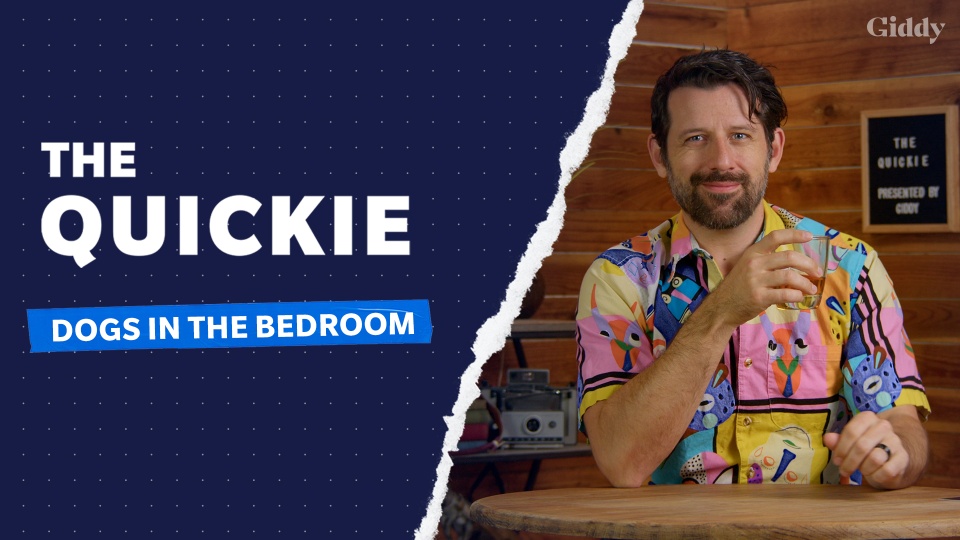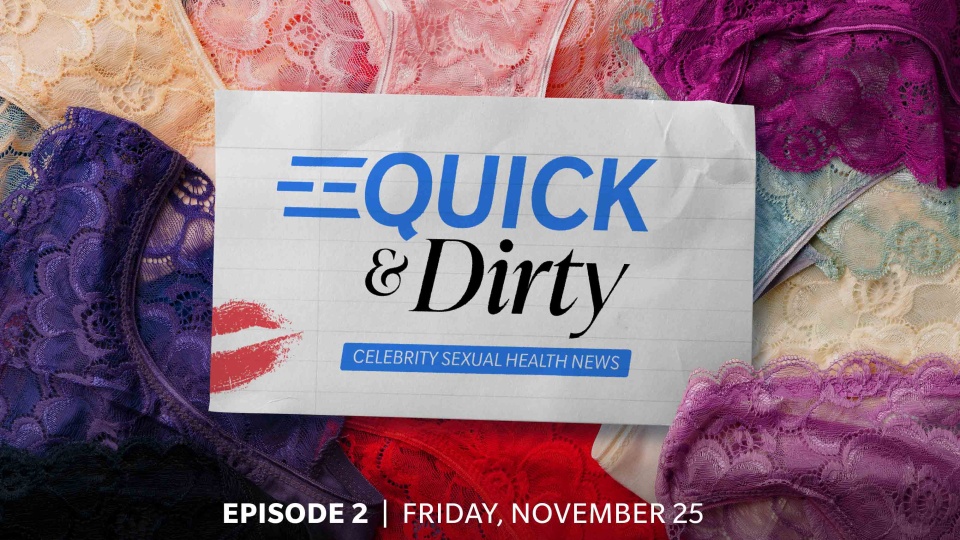Up Next
'Don’t Let These Things Haunt You Forever': Coping with PTSD
Two strangers, Emily and Freedom, discuss coping with PTSD.
More about this episode
A Conversation with Emily and Freedom
In this episode, Emily and Freedom discuss coping with PTSD as a result of past trauma. Freedom says one of the most traumatic experiences she had to deal with was the time her mother abandoned her—she left her in a bathtub for multiple days and Freedom nearly died of dehydration. Freedom's grandmother rescued her and raised her until she went off to college. Unfortunately, Freedom struggled dealing with her past and used alcohol as a coping mechanism.
Emily has been dealing with PTSD since she was 15 years old—her friend's boyfriend sexually abused her for several months and she turned to self-harm to cope with her trauma. She sought help from her boyfriend, but things got worse after he sexually assaulted her in retaliation for what had happened. Emily's parents enrolled her into therapy and she pretended things were getting better, until she enrolled in college where the self-harm continued. Emily was eventually placed in a mental health facility for two weeks, where she learned healthy healing techniques.
Emily and Freedom both say seeking professional help is a crucial step if you’re on a pathway of healing. When it comes to dating, Emily has been in a healthy relationship for the past five years—Freedom is still gradually building up the confidence to allow a romantic partner in her life.
Transcript
I've been through multiple traumatic situations. I have been sexually assaulted. But I think one of the most traumatic experiences I had to deal with was like my mother abandoning me. She left me in a bathtub when I was two years old. I was about to die from dehydration. I was left for days. I had feces all over myself, almost brain dead. Dealing with that situation of how inhumane people can be, put my life in like a spiral.
So I was raised by my grandma, did well academically. And I went off to college and then I kind of realized life is not what you think it is. I was kind of already outcast as a kid from my situation, but I feel like no one can relate to what I went through. I started drinking, trying to cope with what happened in my life.
I think it's hard to trust people again after going through, especially, I'm sure, with your mom as well. And then just experiencing so many horrible people in the world that sometimes it's hard to think, who can I trust? Who is it safe to let in anymore?
Yeah, and I think it's really tough because I feel like there's predators out there who just look for people who they feel are vulnerable. Like, it's like a personality type.
I've experienced PTSD from, unfortunately, a lot of different things in my life. I would say it started when I was probably about 15. One of my best friends, actually, her boyfriend sexually abused me for several months. It never was rape, but it was him constantly wanting to try things on me. He would bring me to his house or be touching me in the car and would force me to send pictures of myself, and then would tell me that he was going to kill himself if I didn't do what he wanted me to do, or that all of my friends and my family would hate me because I was essentially helping him cheat on his girlfriend.
But it was never because I wanted to. And I allowed that to go on for months. Self-harming was my way to cope with it. And eventually, people started to notice. And—[SIGHS] sorry. At the time, I was also dating somebody. And when I eventually confided in him and told him what was going on, he then raped me. And so I was just pretty traumatized from all of this sexual harm that I had been going through.
My parents had no idea what to do with me, so they had put me in therapy at the time. I kind of pretended everything was better. Went off to college. I thought that's all I was good for, was for sexual things. And I just threw myself at men left and right. My junior year of college, I ended up having to go to the hospital because I woke up one morning to just three men in my room and having no idea what happened. So because of all of this, I struggled with PTSD then of whether it be having flashbacks of just general anxiety in social situations, of not wanting people to touch me.
And so that's definitely been a big struggle. Luckily, I've been able to now be in a relationship for the past five years with this really amazing guy. He's helped me so much. And I think it's been really important to communicate with him and talk to him about what's going on. He wants to help me. And he's been able to help me work on my communication of, if I'm in one of those intimate moments and suddenly it's not OK anymore, and it's OK to change your mind in those moments, I can just tell him rather than just being like, well, no, it's what he wants and I just need to keep going. Rather, I can say, "no, we need to stop. I'm not OK anymore."
Especially when you're a victim, they're like, "oh, yeah, it's your fault, what did you have on? Did you do this or this?" Like, no, guys are perverts.
Yeah. That or, were you drinking?
Well, yeah—
And it's just like, just because I had a few drinks, doesn't make it suddenly OK.
And I don't think people really understand the domino or the butterfly effect of other people's actions.
When I fully had hit rock bottom, I was actually put into a mental facility for about two weeks. I did an outpatient program. So I would just go 4 hours a day and just sit in therapy. But in a way, yeah, I was able to get me together and then that allowed me to be vulnerable and be OK with other people. Also, sometimes, it's OK to ask for help. Not everybody in the world is horrible.
I kind of felt like I then was so shut down from my experience that I just let people then keep taking advantage of me, like I didn't feel any power anymore.
Sometimes, I feel like I do the opposite, just not letting people in at all.
Are you in a relationship now?
No, I'm not in a relationship.
I feel like what kind of helped me be able to go back into a relationship after all of this was kind of learn what my triggers are and what I needed. And so then, I was able to tell him because there are times when, if I'm having a panic attack or having a bad day, that I need him and I need that comfort. But then there are other days when I don't want him near me because he's a man and he can't touch me, he can't come near me. And so I think being able to communicate that to him of what I need sometimes or what I'm feeling rather than just I'm overwhelmed or I feel really crappy, today and then know that his intentions are always going to be to help me.
And to have somebody there, I think, has been really important, and it's been able to help our relationship grow more, and I can feel safe again with somebody, I think, took a really long time to figure out. Now, five years later, it feels completely different and it took me figuring me out first before I could really let him in.
To me, I think, that's the first step, is become spiritual and being aware of your body and your mind. And then probably seeking out help, like some type of professional help.
I would say one of the really important things to kind of healing and recovery would be to find something that you're really passionate about and make that kind of your safe space. For me, it's always been dance. Like when I'm in the studio, that is my safe space. I can just go there and be happy. So I do think that was really important for me. Also not being afraid to take the initiative and change something that might have worked for a year and made you really happy.
And then maybe suddenly, one day, you realize that maybe you're starting to slip back a little bit and you need to make a change of something new. Like, I've changed medications before that, now, have helped me immensely, or yeah I've changed therapists.
Not being afraid to take that leap of maybe you were happy for three years, but then suddenly, nightmares start coming back and the anxiety starts coming back. OK, what's going to work now? And that it's OK to kind of go through these hills. I think sometimes people think when you go through these traumatic experiences, that, OK, yep, one day, you're going to be over it, and you're magically all better. That's just not how it works.
We live with these experiences for our entire lives and they're never going to just go away. I think it's really important to know that your coping mechanisms now might be different a year from now. So just don't be afraid and don't let these things haunt you forever, that they're a part of us now and we can use them to better ourselves every day.






